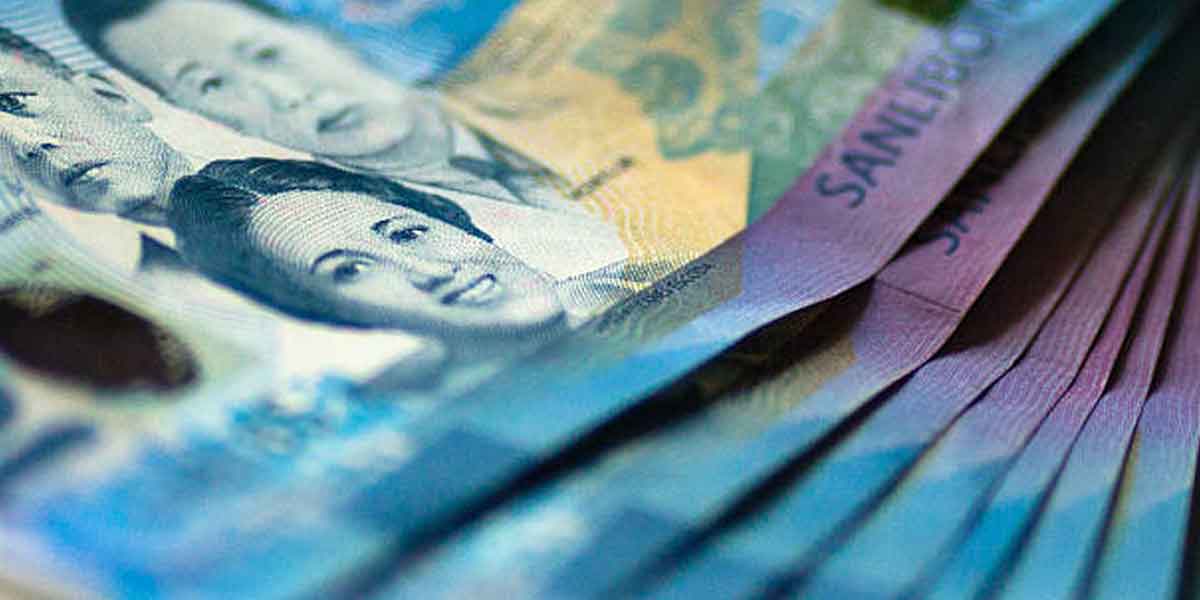![]() By: Reyshimar Arguelles
By: Reyshimar Arguelles
The great Chairman Mao once wrote in his Little Red Book that “political power grows out of the barrel of a gun.” This has been demonstrated throughout a number of disruptions across the world. The process of political and social change is an excruciating one in which the deaths of millions validates the way towards a worldly heaven.
The task of a revolutionary is never simple. It requires sacrifices. But it is not only lives that are put to the flame. Principles are also tested, skewered, and roasted to the drunken ruckus of those who peddle them. Peace is never an option. Blood has to be shed. We are told to accept it as a part of our mechanical propensity to uphold and worship violence. Justice delayed is justice denied; but there exists no justice if everyone is an executioner. No one is accountable to a higher authority, because there is hardly any authority at all.
In our call for redemption, recognition, and respect, we lose grasp of what it was that animated our desire for change. There is nothing more treacherous than to betray one’s ideals for the sake of convenience. There is hardly any truth to fight for when all we do is let egotism hold the reins of power.
Many things make revolutionary movements so problematic. Self-serving agendas are just some of them. There is nothing to separate someone from the desire to profit from strife. Whenever we had the chance, we could not resist taking advantage of any situation. Nothing is tasteless when the tongue is purposely seared.
Is it possible now to have leaders who are full of themselves and who turn away when they are called to answer for the crimes they committed in the past? Why build a revolutionary future when the leadership already has a preconceived illustration of what it looks like? Why lead a movement and act on it with certainty despite the fact that only a single version of reality is accepted?
Of course, there is a lot for us to take in whenever we accept former rebels and absolve them for the crimes they committed. We are, after all, a society that believes in fairness and fosters the idea that second chances are a part of democracy’s rationale. Revolutionaries will eventually find themselves cooperating with mainstream society and forget the ideals they have long valued. And while a revolution cannot stay on the path it has built for itself, it can at least be diverted elsewhere.
Of course, it can be argued that revolutionary formations in the Philippines subscribe to ideals that require a great deal of sacrifice to sustain. Not many of them their members stay for long, seeing that they find it pointless to walk down a path that goes nowhere but damnation. This could explain the schisms within the ranks of the New People’s Army and the Moro National Liberation Front.
Of course, we can call out Jose Maria Sison of the NPA to take responsibility of the purges that had taken place within the movement itself. He has to answer for these transgressions if ever he would be sitting at the negotiating table with President Duterte, with whom Sison regarded as a friend of the movement.
The MNLF, on the other hand, had the misfortune of having Nur Misuari as its leader. Himself a controversial figure in the Moro separatist movement, Misuari had been previously charged with corruption during his time as governor of the now defunct Autonomous Region of Muslim Mindanao. Eventually ousted from the leadership of the MNLF, he led a faction of the group to oppose what was thought to be the Aquino administration’s sidelining of the MNLF.
What transpired then was the 2013 Zamboanga City siege, which would go on to demonstrate why Filipinos should be cautious about Duterte’s decision to put Misuari as special economic envoy on Islamic Affairs to the Organization of Islamic Cooperation as though nothing happened.
But seeing as though both Duterte and Misuari believe in the power of the gun, it makes perfect sense to denigrate the kind of change they are advocating – a change for the absurd.





















